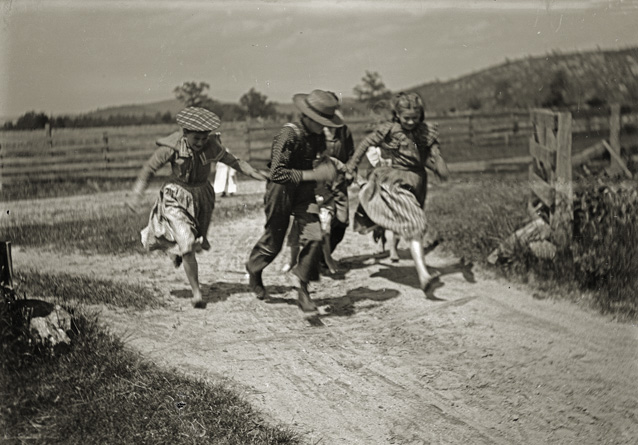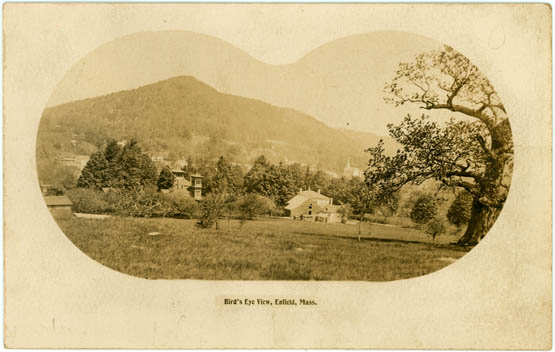George Armelagos Papers
George Armelagos, expert on the diet of prehistoric humans and author of the book Consuming Passions: the Anthropology of Eating (1980) was a professor in the University’s Anthropology Department from 1971 until 1989. Armelagos was born in Lincoln Park, Michigan in 1936 and earned his B.A from the University of Michigan in 1958, his MA and PhD from the University of Colorado in 1963 and 1968 respectively. Armelagos became the face of physical anthropology in the 1980s, publishing popular works on forensic studies of prehistoric man and his research in the field of paleopathology attempted to apply the findings of skeletal research to contemporary nutrition and medicine. While at the University, Armelagos undertook a forensic study of the towns flooded by the Quabbin Reservoir. Armelagos left the University for a position at the University of Florida in 1989.
The George Armelagos papers include correspondence, grant proposals, and lecture notes from his time at the University of Massachusetts. There is a folder of materials from his study of the Quabbin Reservoir and photographs from the Mesa Verde Path. The remainder of the collection contains Armelagos’ published and unpublished works, stretching from his time as a Ph.D. student through his time at the University.



